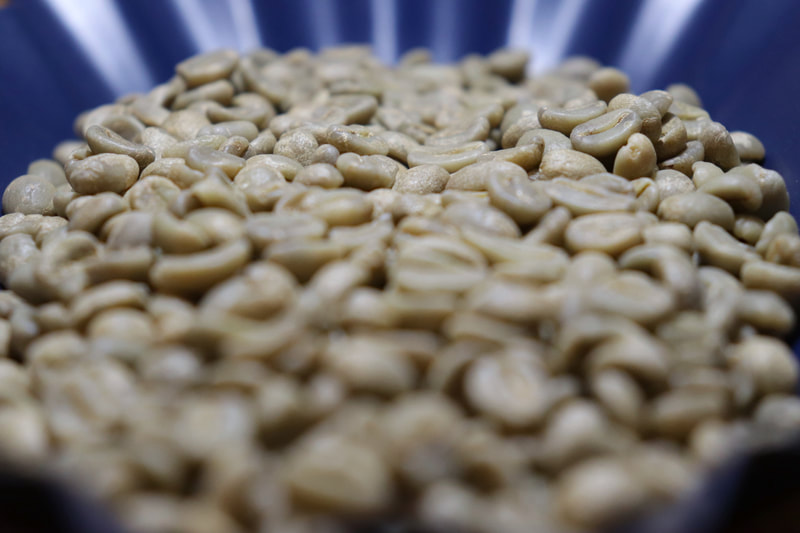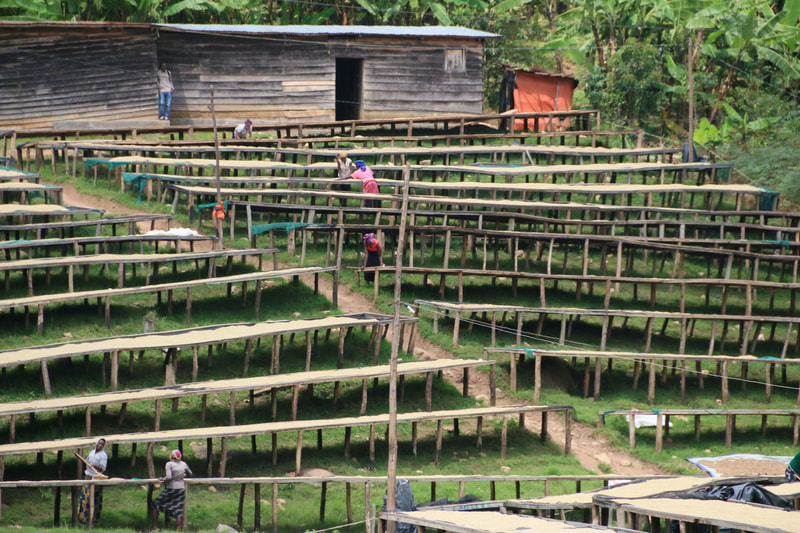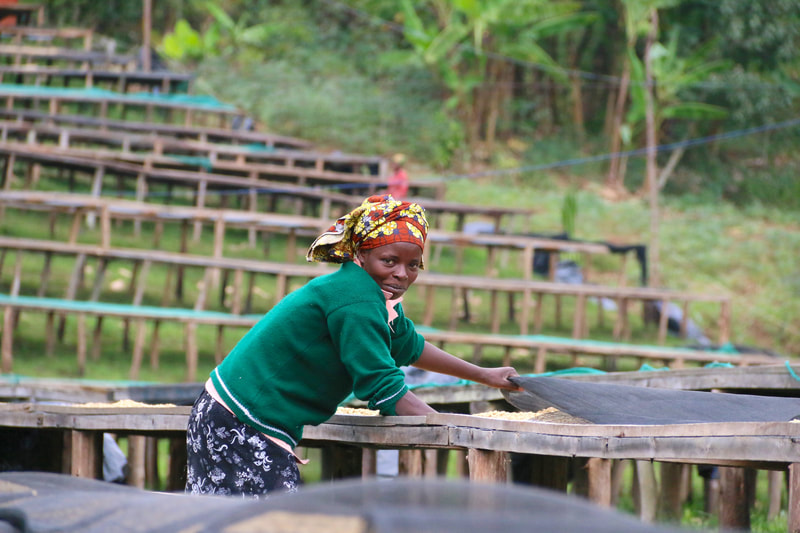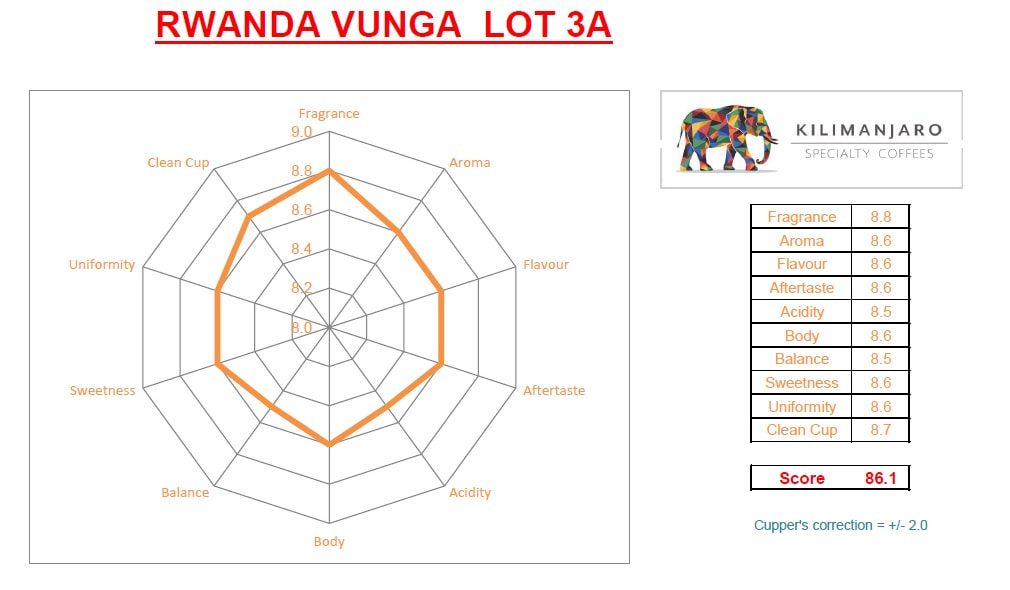RWANDA VUNGA LOT 3A
General Information
|
Origin: Rwanda
Region: Northern Province District: Nyabihu Washing Station: Vunga Farmers: 260 active members Cultivar: 100% Red Bourbon Altitude: 1650 - 2000 masl Process: Fully washed with double fermentation Harvest: April - June 2020 USD per Kg of Cherry: 0.33 USD/Kg Screen | Moisture | Density: 15+ | 9.8% | 0.697 g/ml Packaging: 60 Kg + GrainPro Score: 86 Notes: Strawberry, vanilla, cinnamon, floral Ikawa profile: Rwanda 2 |
|
HAND SORTING THE POTATO DEFECT
VUNGA cws LOCATION
|
WHERE WE ARE
Barcelona, Spain Santiago, Chile Budapest, Hungary |





